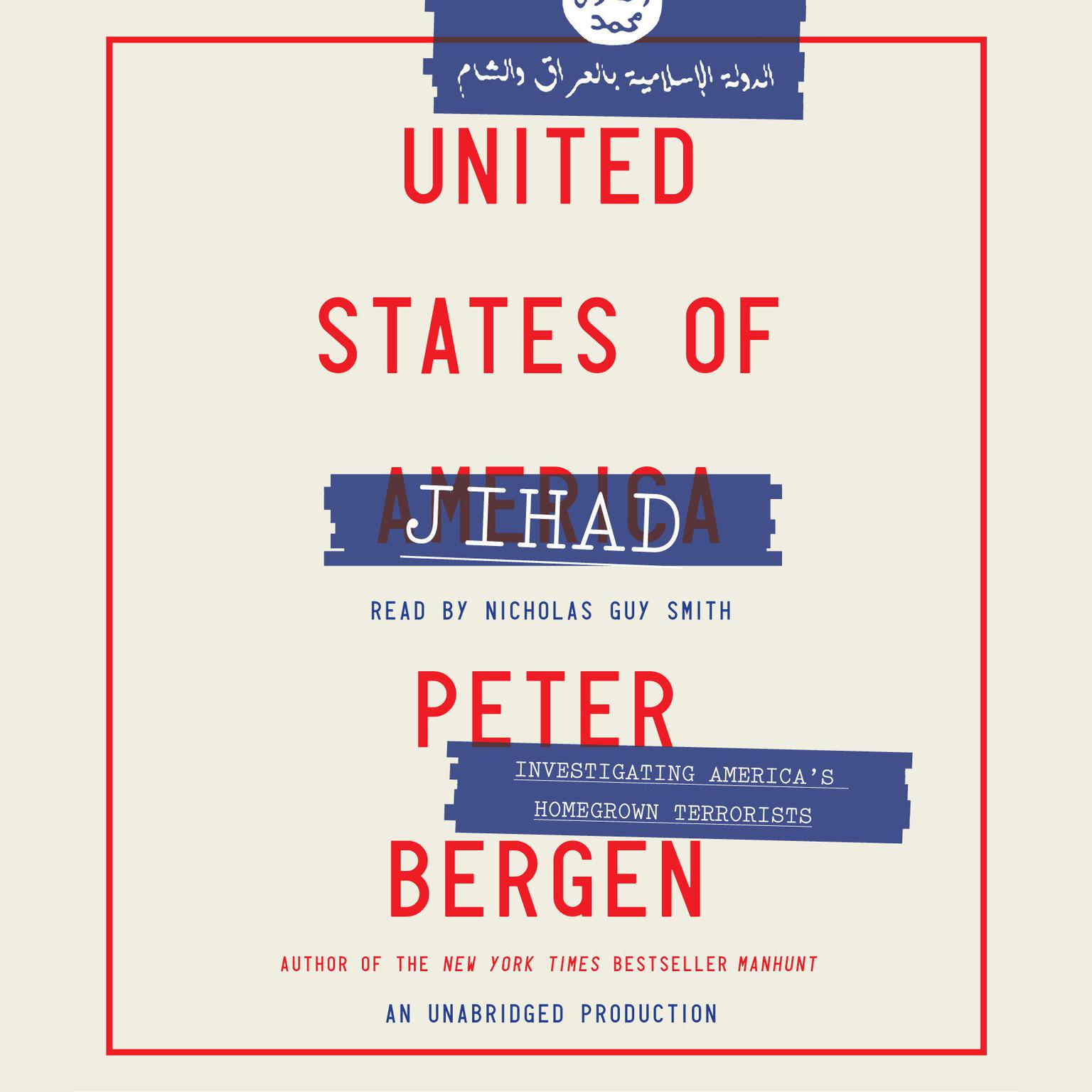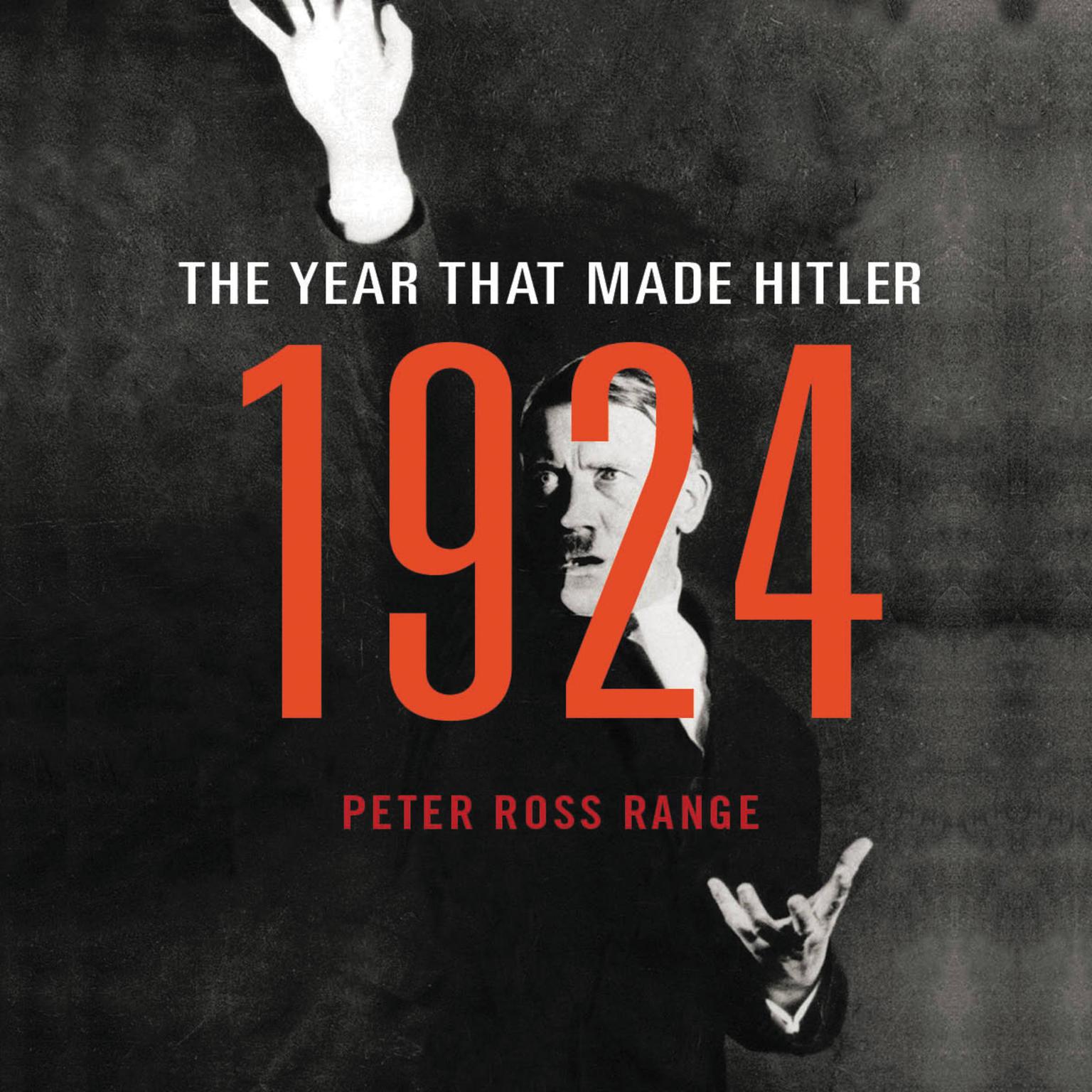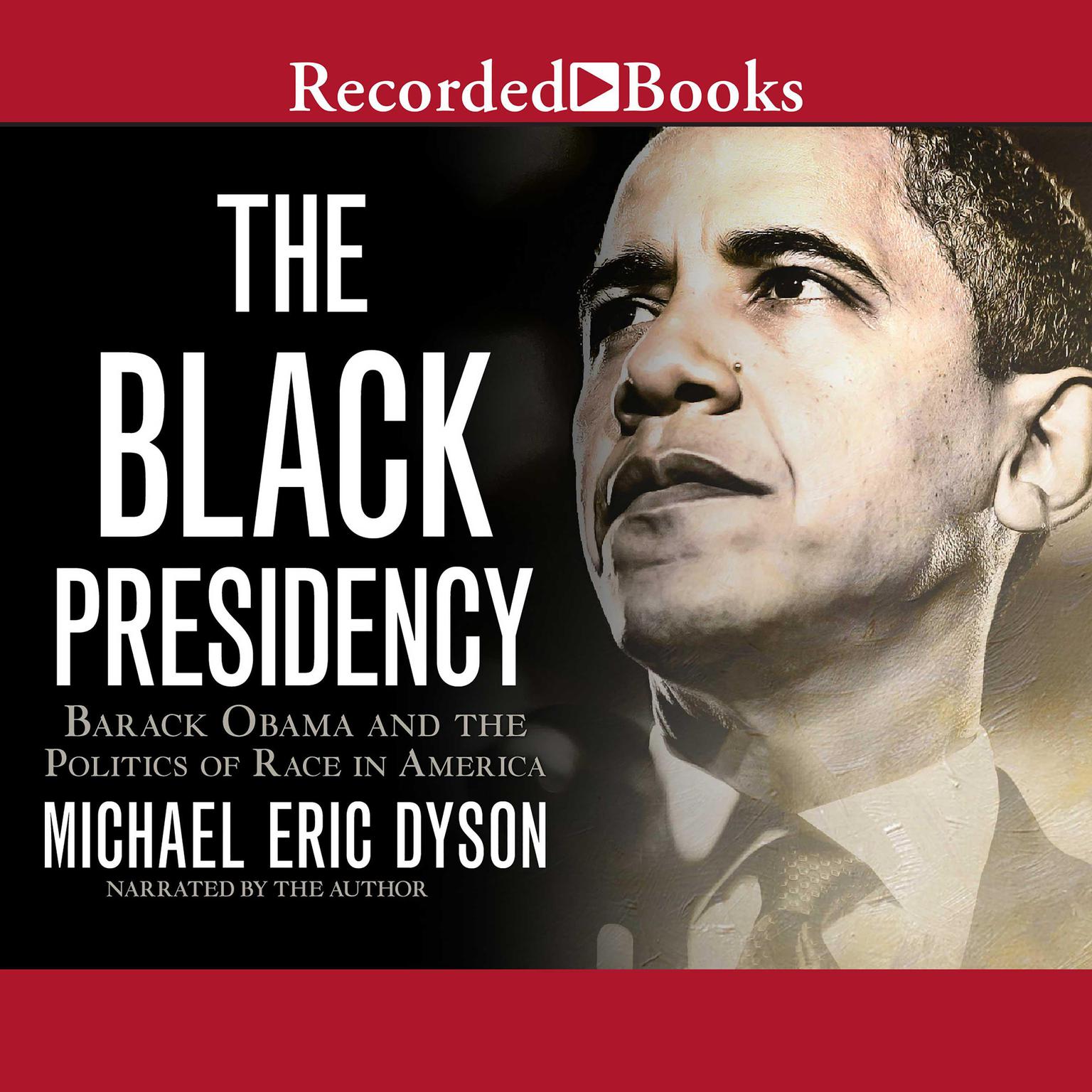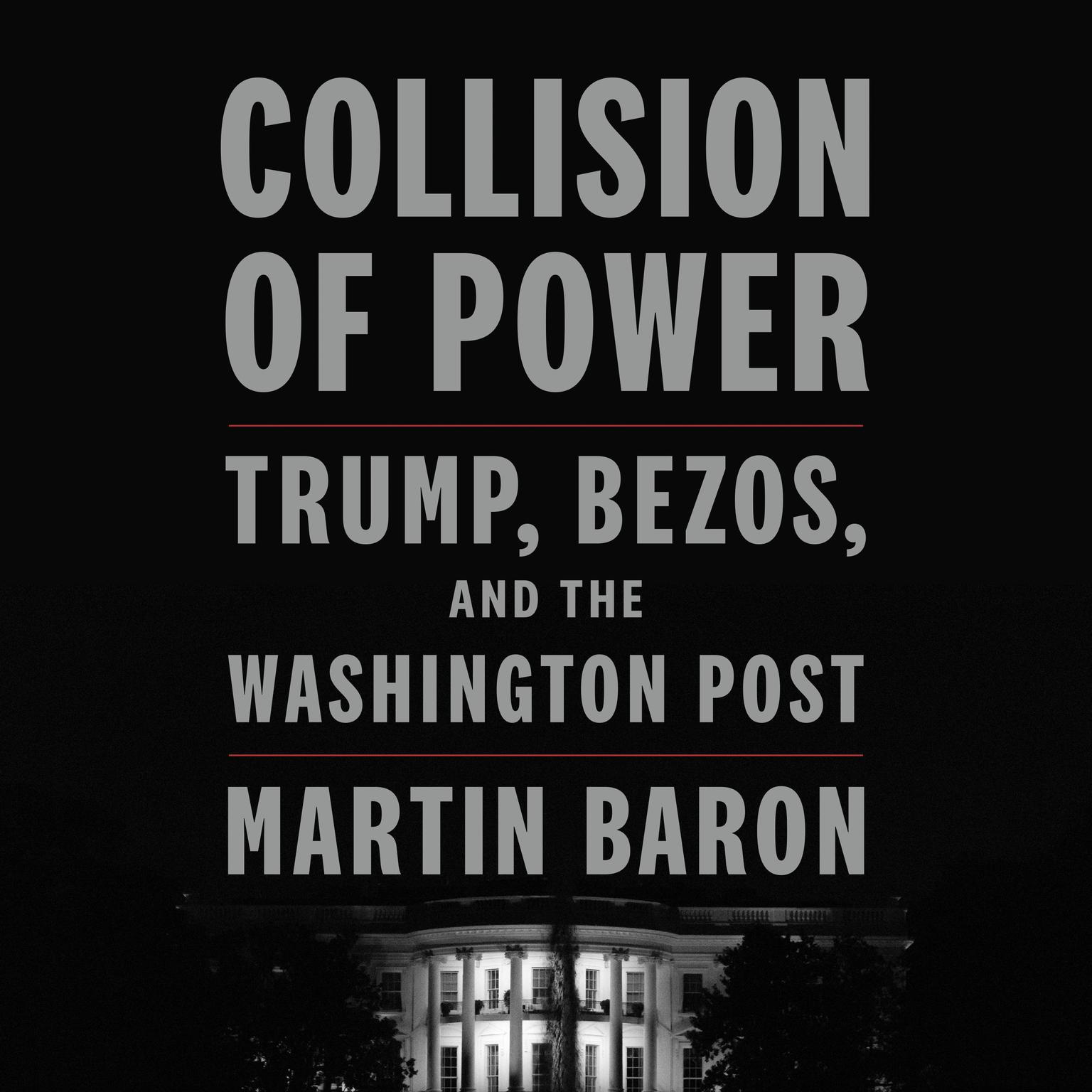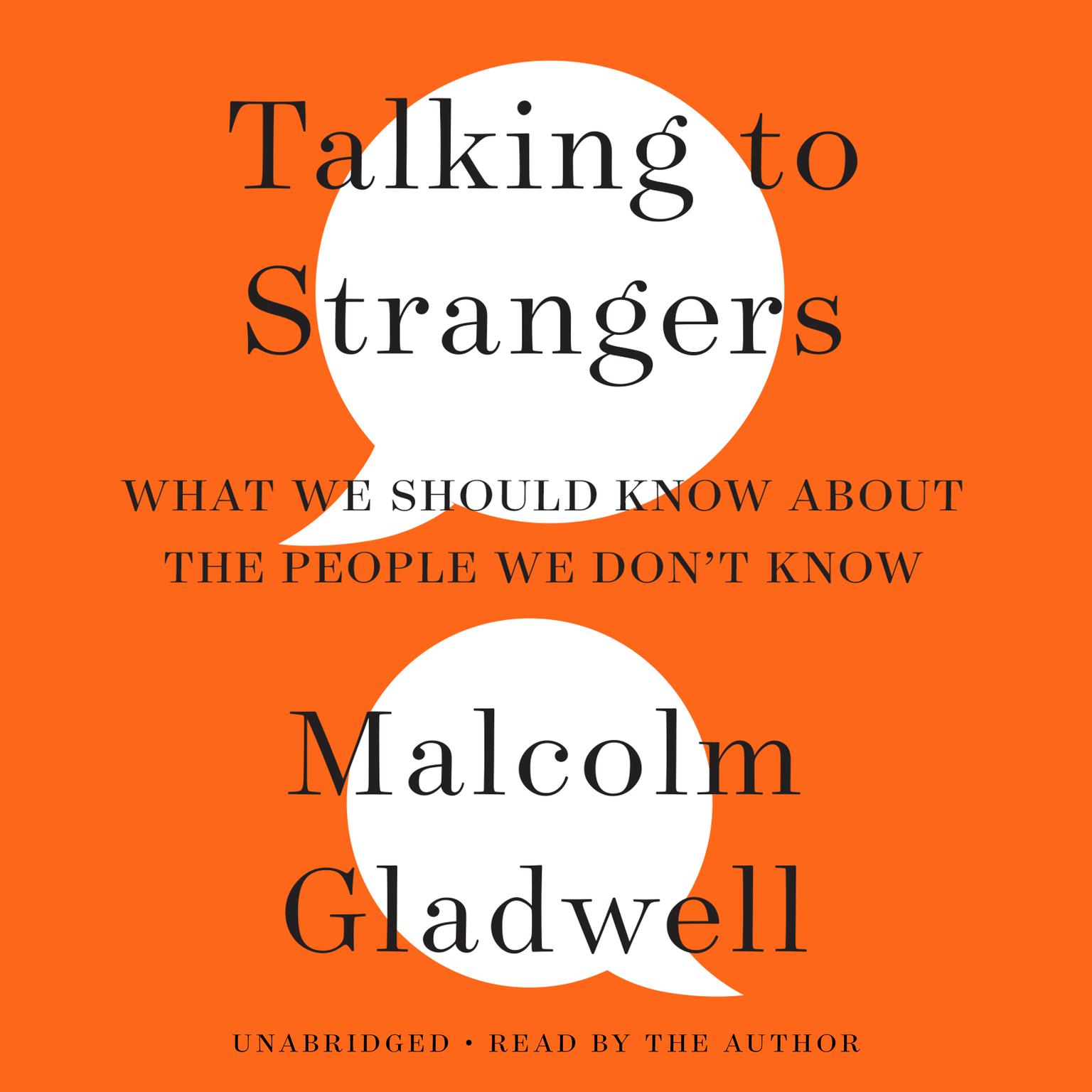Publisher Description
A riveting, panoramic look at “homegrown” Islamist terrorism from 9/11 to the present
Since 9/11, more than three hundred Americans—born and raised in Minnesota, Alabama, New Jersey, and elsewhere—have been indicted or convicted of terrorism charges. Some have taken the fight abroad: an American was among those who planned the attacks in Mumbai, and more than eighty U.S. citizens have been charged with ISIS-related crimes. Others have acted on American soil, as with the attacks at Fort Hood, the Boston Marathon, and in San Bernardino. What motivates them, how are they trained, and what do we sacrifice in our efforts to track them?
Paced like a detective story, United States of Jihad tells the entwined stories of the key actors on the American front. Among the perpetrators are Anwar al-Awlaki, the New Mexico-born radical cleric who became the first American citizen killed by a CIA drone and who mentored the Charlie Hebdo shooters; Samir Khan, whose Inspire webzine has rallied terrorists around the world, including the Tsarnaev brothers; and Omar Hammami, an Alabama native and hip hop fan who became a fixture in al Shabaab’s propaganda videos until fatally displeasing his superiors.
Drawing on his extensive network of intelligence contacts, from the National Counterterrorism Center and the FBI to the NYPD, Peter Bergen also offers an inside look at the controversial tactics of the agencies tracking potential terrorists—from infiltrating mosques to massive surveillance; at the bias experienced by innocent observant Muslims at the hands of law enforcement; at the critics and defenders of U.S. policies on terrorism; and at how social media has revolutionized terrorism.
Lucid and rigorously researched, United States of Jihad is an essential new analysis of the Americans who have embraced militant Islam both here and abroad.
— Washington Post, Notable Non-Fiction Books in 2016
Download and start listening now!
Peter Bergen… one of America’s most prominent terrorism experts, makes a compelling and often unsettling case that, in the years since Sept. 11, 2001, Islamist terrorism in the United States has metamorphosed… The transformation of domestic jihadism has not only dispersed the Islamist terrorist threat but in a perverse process of cultural intermingling has partly Americanized jihad itself. The ‘soft power’ appeal of American culture is often considered to be one of this country’s most enduring assets, but the new admixture of jihadi terror and pop culture savoir faire potentially turns this idea on its head… Bergen takes a generally skeptical view of the growth of the post-9/11 national security state and of the fear-mongering about Islam that has increasingly transfixed the darker crannies of American politics. This skepticism, I think, is not only strategically and morally sound but also borne out by the facts.
—
LOS ANGELES TIMES
